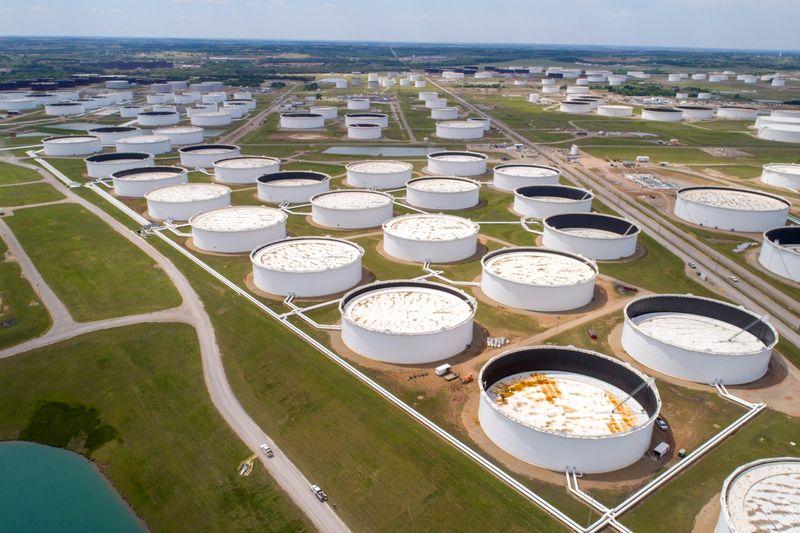Oil prices rose more than 1% on Tuesday after major crude producers showed they were reining in output roughly in line with their commitments, extending gains for a market thrown out of kilter by weak demand during the coronavirus pandemic.
Brent crude was up 62 cents, or 1.1%, at $56.97 a barrel by 0643 GMT, its third straight day of gains. U.S. oil gained 63 cents, or 1.2%, to $54.18 a barrel. Both contracts rose more than 2% in the previous session.
OPEC crude production increased for a seventh month in January but the growth was smaller than expected, a Reuters survey found.
The Organization of the Petroleum Exporting Countries (OPEC) was pumping 25.75 million barrels per day (bpd) in January, the survey found, up 160,000 bpd from December.
Market analysts say the OPEC has been showing more discipline on keeping to its commitments as surging COVID-19 infections threaten any recovery in demand.
Also, voluntary cuts of 1 million bpd by OPEC’s de facto leader, Saudi Arabia, are set to be implemented from the beginning of February though March.
“Once a critical mass of the population is vaccinated this year, we think oil demand will rise further,” UBS said, adding “with OPEC and its allies (OPEC+) endeavoring to keep global oil production below demand, we expect petroleum inventories to keep falling as well.”
The investment bank forecast Brent would reach $63 a barrel by the second half of this year and $65 by the first quarter of 2022.
Russian output increased in January but in line with the agreement on reducing production, while in Kazakhstan oil volume fell for the month. Both countries are members of the OPEC+ grouping that banded together to help support prices with production cuts.
Russian oil and gas condensate output rose by 120,000 barrels per day (bpd) to 10.16 million bpd in January from December, following the agreement on production restraint, two sources familiar with the data told Reuters on Monday.
Kazakhstan cut its oil production by 2% in January from the previous month due to power outages, which also improved its compliance with the OPEC+ deal, according to two industry sources familiar with the matter and Reuters calculations.
Helping to support prices, a severe blizzard hitting a large area of the northeastern United States is pushing up demand for heating fuel.



























